Shapla Gram Unnayan Sangstha: Pioneering Social Development in Rural Bangladesh
In the sprawling rural landscapes of Bangladesh, where challenges like poverty, illiteracy, and healthcare disparities often loom large, organizations like Shapla Gram Unnayan Sangstha (SGUS) emerge as beacons of hope and catalysts for change. With a steadfast commitment to uplifting communities through holistic social development initiatives, SGUS has carved a niche for itself as a leader in the field of grassroots empowerment. From education and healthcare to livelihoods and women’s empowerment, SGUS’s multifaceted approach to social development is transforming lives and reshaping futures across the region.
Education Programs
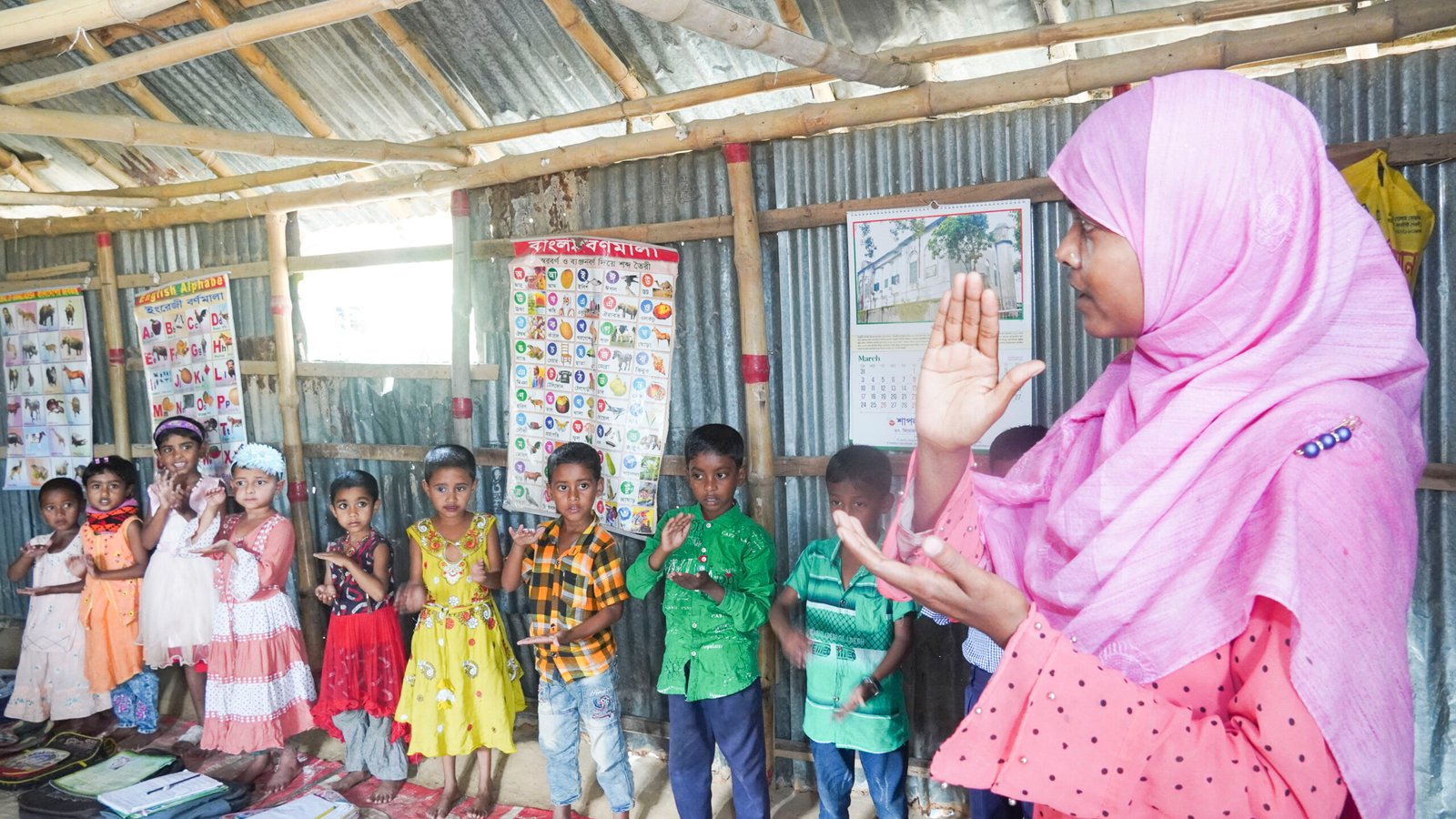
Education is a fundamental right and a key driver of social and economic development. In Bangladesh, despite significant progress in improving access to education, challenges such as high dropout rates, low literacy levels, and disparities in educational quality persist, particularly in rural areas and among marginalized communities. To address these challenges, NGOs can implement a variety of education programs:
-
- Non-Formal Education Programs: For children who are unable to attend formal schools due to various reasons such as poverty, child labor, or geographical barriers, non-formal education programs provide an alternative pathway to learning. These programs should be flexible, tailored to the needs of learners, and focus on basic literacy, numeracy, and life skills.
- Adult Literacy Classes: Illiteracy remains a significant challenge in Bangladesh, particularly among adults, especially women. Adult literacy classes offer opportunities for illiterate adults to acquire basic reading, writing, and numeracy skills, empowering them to participate more fully in society, access information, and improve their livelihoods.
- Vocational Training Centers: In a rapidly changing job market, vocational training programs equip youth and adults with practical skills for employment and entrepreneurship. These centers should offer training in high-demand sectors such as agriculture, ICT, construction, and garment manufacturing, as well as soft skills such as communication, teamwork, and problem-solving.
Healthcare Initiatives
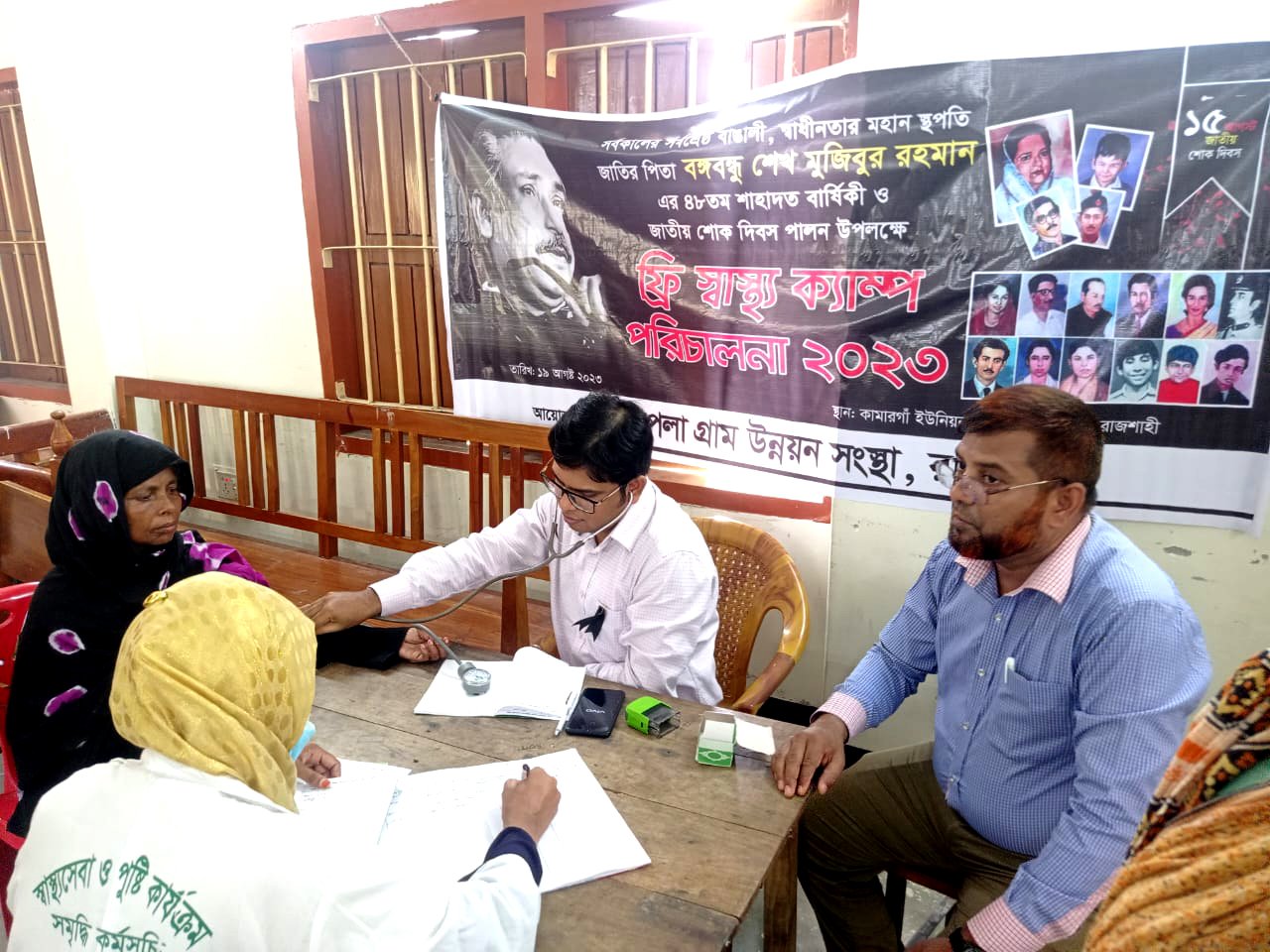
Access to quality healthcare is essential for improving health outcomes and reducing poverty. In Bangladesh, while significant progress has been made in expanding healthcare services, challenges such as inadequate infrastructure, shortage of healthcare professionals, and disparities in access persist, particularly in rural areas. NGOs can play a crucial role in addressing these challenges through various healthcare initiatives:
-
- Establishment of Static Clinics: Static clinics serve as primary healthcare hubs, providing essential medical services such as consultations, diagnostics, vaccinations, and basic treatments. These clinics should be staffed with qualified healthcare professionals, equipped with essential medical supplies and equipment, and integrated with the broader healthcare system to ensure continuity of care and referrals.
- Operation of Satellite Clinics: Satellite clinics extend the reach of healthcare services to remote and underserved areas where access to healthcare facilities is limited. These clinics should be strategically located based on population density, geographical terrain, and healthcare needs, and offer a range of services tailored to the specific needs of the community.
- Mobile Healthcare Units: In areas where infrastructure limitations or geographical barriers prevent the establishment of permanent healthcare facilities, mobile healthcare units provide a flexible and efficient solution. These units should be equipped with essential medical supplies, staffed with trained healthcare professionals, and capable of providing a wide range of healthcare services, including preventive care, primary healthcare, and emergency response.
- Health Awareness Campaigns: Health awareness campaigns play a vital role in promoting preventive healthcare practices, raising awareness about common diseases and health risks, and encouraging behavior change within communities. These campaigns should use a variety of communication channels, including community meetings, posters, leaflets, radio broadcasts, and social media, to reach a wide audience and deliver targeted health messages.
Livelihood Support
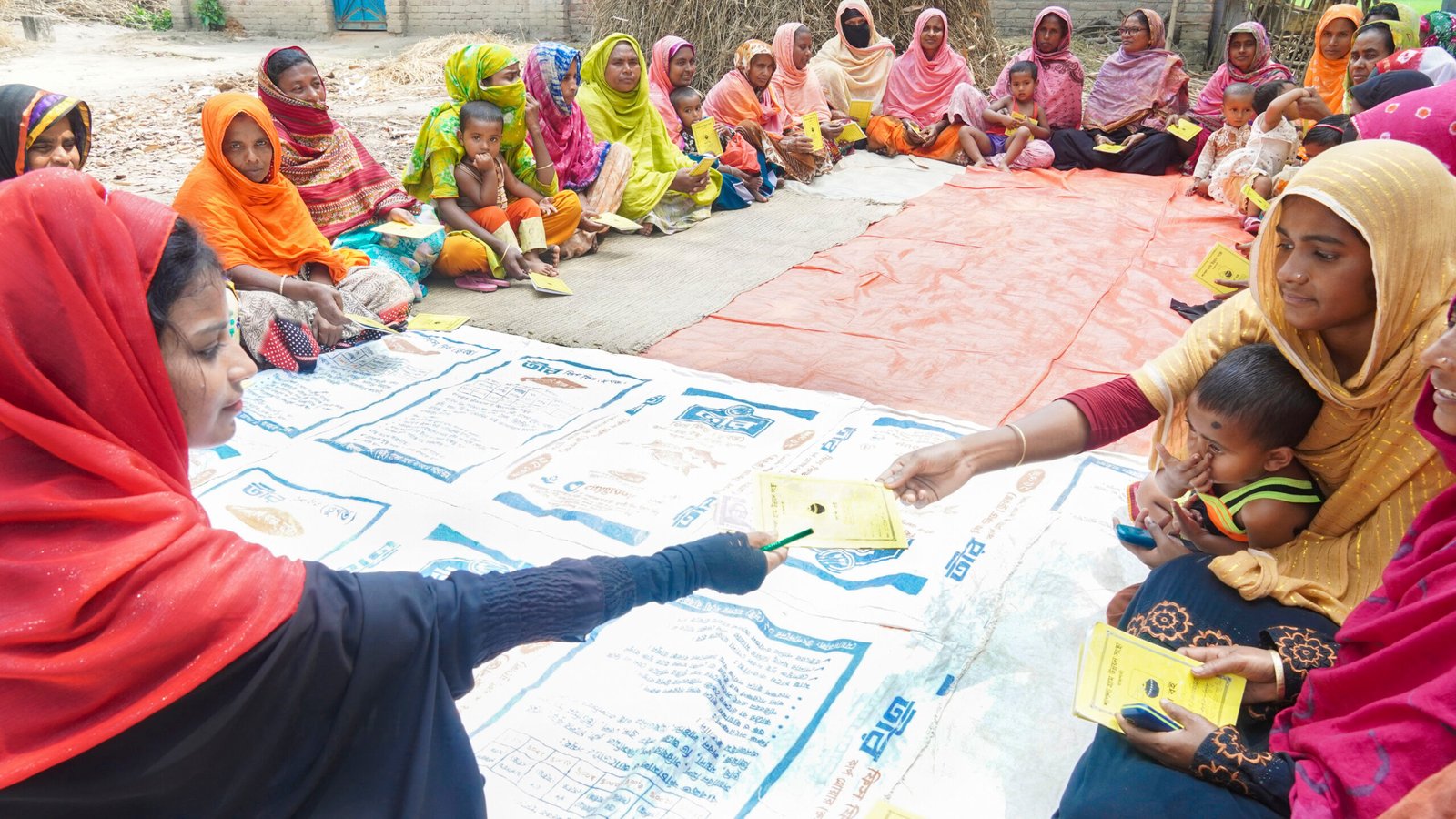
Livelihood support programs aim to empower individuals and families to improve their economic prospects, build resilience against shocks, and achieve sustainable livelihoods. In Bangladesh, where a significant portion of the population relies on agriculture and informal employment for their livelihoods, livelihood support programs can play a critical role in poverty reduction and economic development. NGOs can implement a range of livelihood support initiatives:
-
- Skills Training Programs: Skills training programs equip individuals with marketable skills for employment and entrepreneurship. These programs should be demand-driven, tailored to local economic opportunities, and include both technical and soft skills training. Priority sectors for skills training may include agriculture, livestock management, handicrafts, small-scale manufacturing, and service industries.
- Microfinance Services: Access to financial services is crucial for entrepreneurship and economic empowerment, particularly for women and marginalized groups. Microfinance services, including microcredit, savings, insurance, and remittance services, provide individuals with the capital they need to start or expand their businesses, smooth consumption, and build assets. These services should be designed to meet the needs of the target population, including flexible repayment schedules, low-interest rates, and client-centered financial education.
- Promotion of Sustainable Farming Practices: Agriculture is the backbone of the economy in Bangladesh, employing a significant portion of the population and contributing to food security and rural livelihoods. Promoting sustainable farming practices, such as organic farming, integrated pest management, and water-saving techniques, can increase agricultural productivity, enhance resilience to climate change, and improve the livelihoods of smallholder farmers.
- Income-Generating Activities: Income-generating activities provide individuals and families with opportunities to generate additional income and diversify their livelihoods. These activities may include poultry farming, beekeeping, vegetable gardening, handicraft production, and small-scale retail businesses. NGOs can support income-generating activities through training, access to markets, and financial assistance.
Women's Empowerment
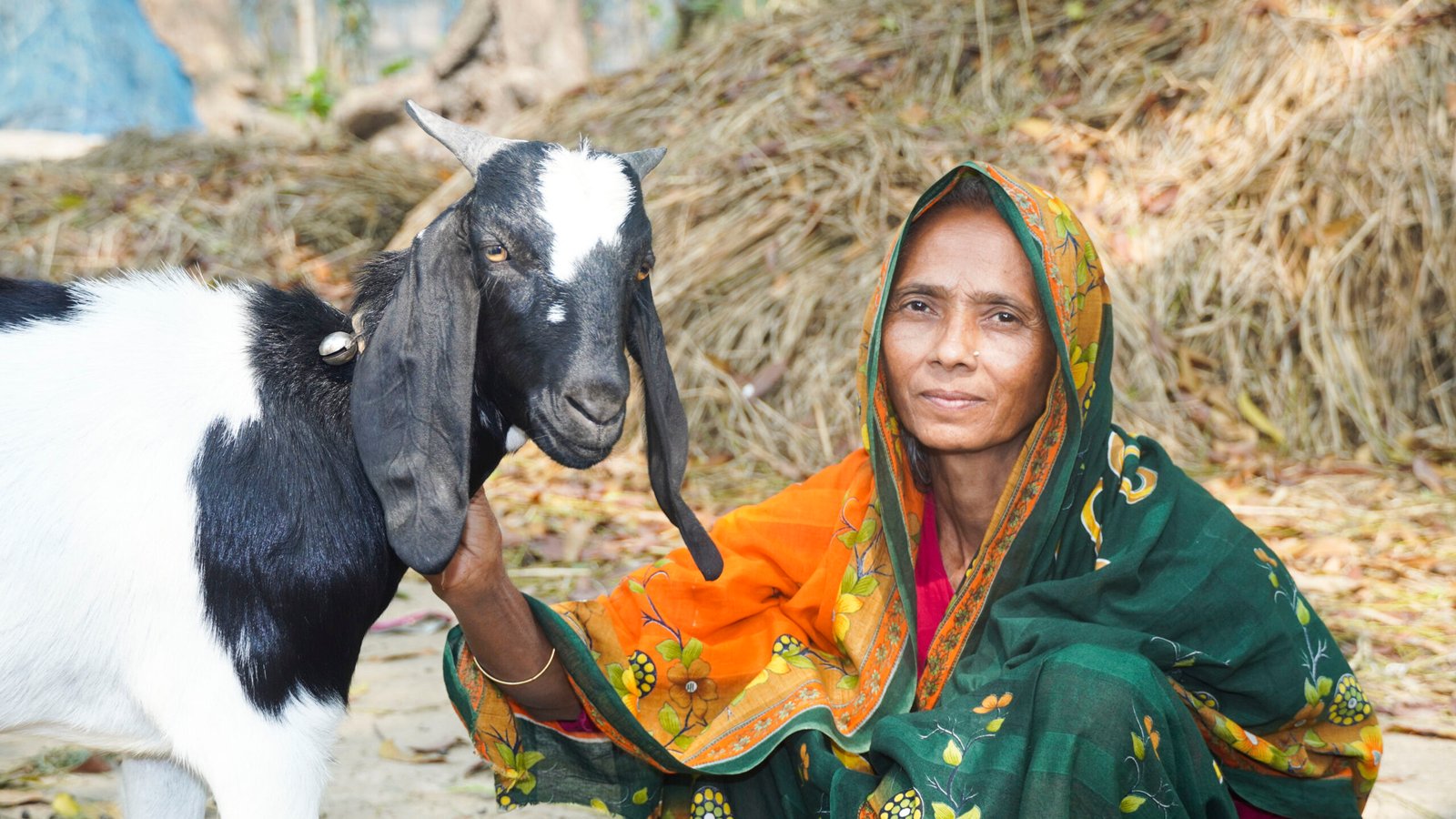
Women’s empowerment is essential for achieving gender equality, reducing poverty, and promoting sustainable development. In Bangladesh, women face numerous challenges, including limited access to education, healthcare, economic opportunities, and decision-making power. NGOs can implement a range of initiatives to empower women and advance gender equality:
-
- Girls’ Education Initiatives: Girls’ education is a powerful tool for empowering women and breaking the cycle of poverty. Girls’ education initiatives should focus on increasing access to schooling, improving the quality of education, and addressing barriers such as child marriage, gender-based violence, and cultural norms that prioritize boys’ education over girls’.
- Women’s Health Clinics: Women’s health clinics provide essential healthcare services tailored to the specific needs of women and girls, including reproductive health services, maternal healthcare, family planning counseling, and screenings for common women’s health issues. These clinics should be staffed with female healthcare providers and offer a safe and supportive environment for women to access healthcare services.
- Economic Empowerment Programs: Economic empowerment programs aim to increase women’s access to economic opportunities, assets, and resources. These programs may include skills training, microfinance services, access to markets, and support for women’s entrepreneurship. Priority should be given to women from marginalized and vulnerable groups, including rural women, ethnic minorities, and women with disabilities.
- Advocacy and Awareness Campaigns: Advocacy and awareness campaigns play a crucial role in challenging gender norms, promoting women’s rights, and combatting gender-based violence and discrimination. These campaigns should engage a wide range of stakeholders, including policymakers, community leaders, religious leaders, and the media, to promote gender equality and women’s empowerment.
Community Development
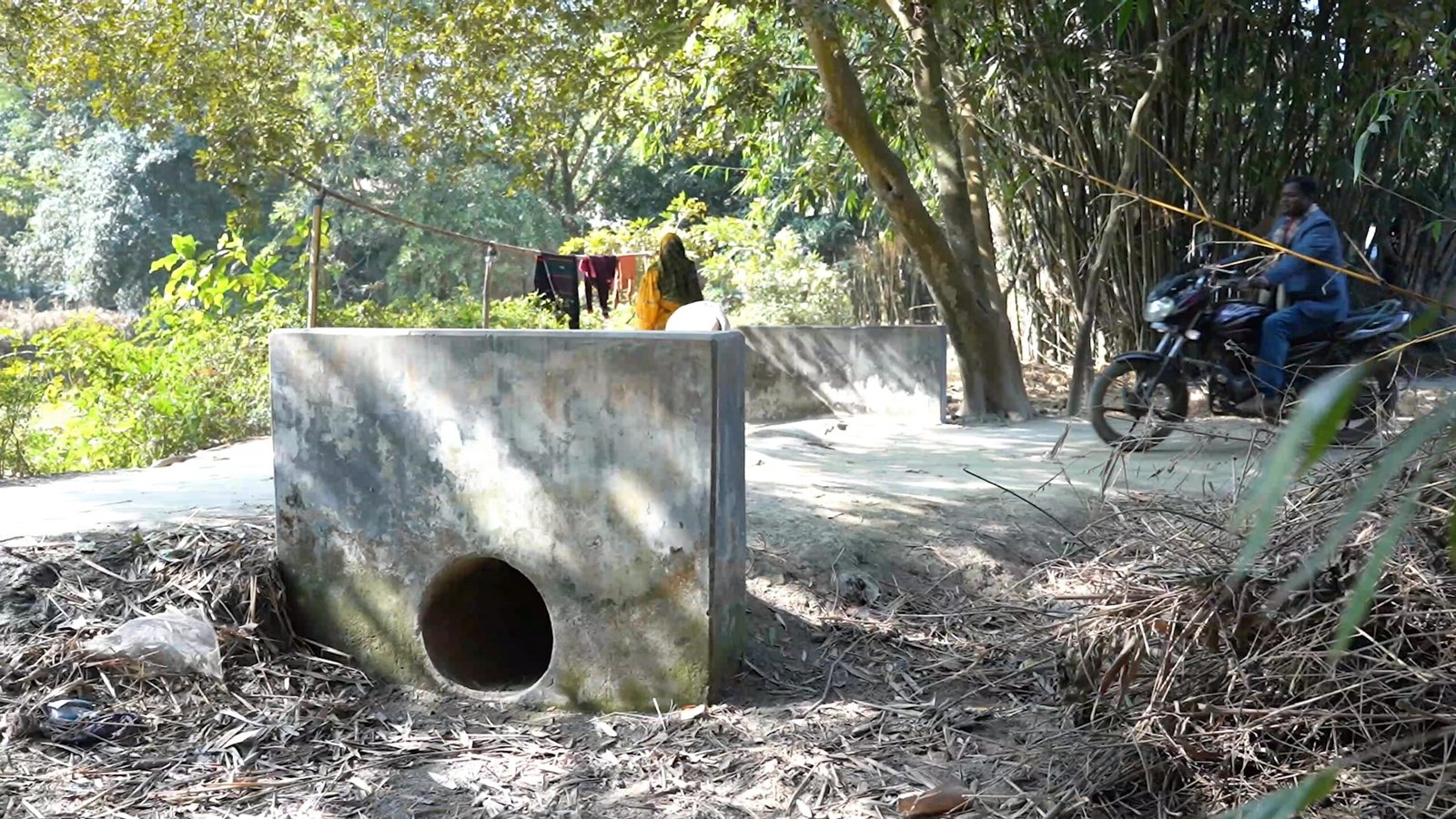
-
- Infrastructure Development: Infrastructure development projects such as roads, bridges, and sanitation facilities improve the quality of life for communities and facilitate access to essential services. By investing in infrastructure, NGOs contribute to community development and economic growth.
- Access to Clean Water: Access to clean water through the installation of tube wells or water purification systems promotes public health and reduces the burden of waterborne diseases. By ensuring access to safe drinking water, NGOs improve the well-being of communities and contribute to disease prevention.
- Environmental Conservation: Environmental conservation efforts such as tree planting and waste management programs promote sustainable development and protect natural resources. By raising awareness about environmental issues and promoting eco-friendly practices, NGOs contribute to environmental sustainability and resilience.
- Disaster Preparedness: Disaster preparedness and response initiatives help communities prepare for and mitigate the impact of natural disasters such as floods, cyclones, and earthquakes. By building resilience and strengthening community capacities, NGOs enable communities to withstand and recover from disasters more effectively.
Child Welfare
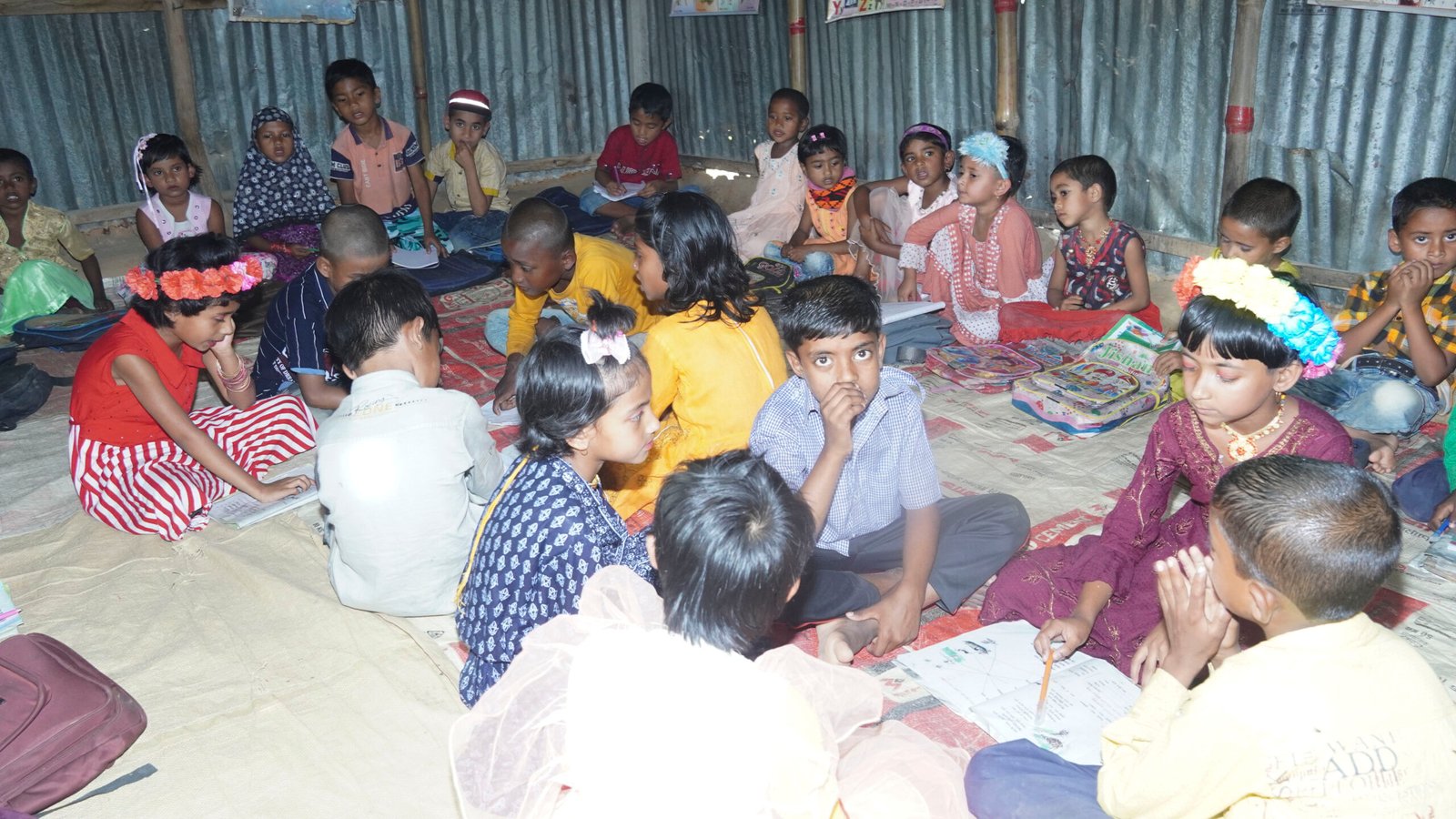
- Child Protection Programs: Child protection programs prevent exploitation, abuse, and trafficking and provide support and services to vulnerable children. By safeguarding children’s rights and well-being, these programs promote child welfare and ensure that children grow up in safe and nurturing environments.
- Nutrition Programs: Nutrition programs address malnutrition and stunting among children by providing access to nutritious food and promoting healthy eating habits. By addressing nutritional needs during critical stages of development, these programs contribute to children’s health and well-being.
- Early Childhood Development: Early childhood development centers offer preschool education and care to young children, laying the foundation for their future learning and development. By providing a stimulating and nurturing environment, these centers support children’s cognitive, social, and emotional development.
- Advocacy for Children’s Rights: Advocacy efforts raise awareness about children’s rights and advocate for policies and programs that promote child welfare and protection. By amplifying children’s voices and advocating for their rights, NGOs ensure that children are heard and their needs are addressed.
Social Inclusion
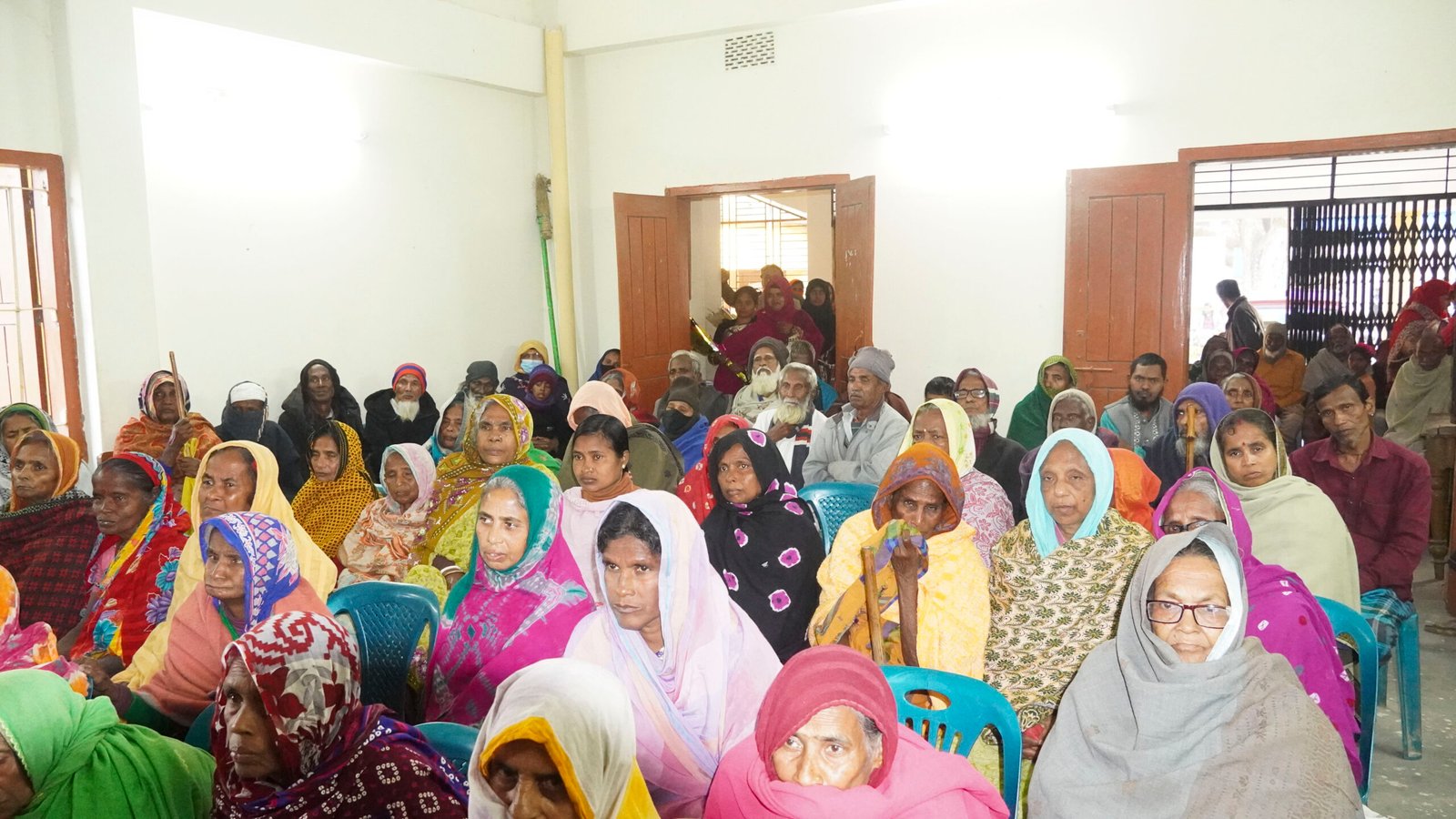
-
-
- Inclusion of Marginalized Groups: Programs for the inclusion and empowerment of marginalized groups, including ethnic minorities, people with disabilities, and LGBTQ+ individuals, promote social inclusion and diversity. By advocating for the rights and needs of marginalized populations, NGOs challenge discrimination and promote social justice.
- Sensitization Workshops: Sensitization workshops and awareness campaigns combat social stigma and discrimination by raising awareness and fostering understanding and empathy. By challenging stereotypes and promoting acceptance and inclusion, these workshops contribute to social cohesion and harmony.
- Community Integration: Community integration initiatives promote interaction and cooperation among diverse populations, fostering a sense of belonging and solidarity. By celebrating diversity and promoting mutual respect, NGOs build bridges across communities and promote social cohesion.
- Support for Vulnerable Populations: Support for elderly and vulnerable populations through healthcare, social services, and advocacy ensures that no one is left behind. By providing support and assistance to those in need, NGOs promote social justice and solidarity within communities.
-
Disaster Relief and Rehabilitation
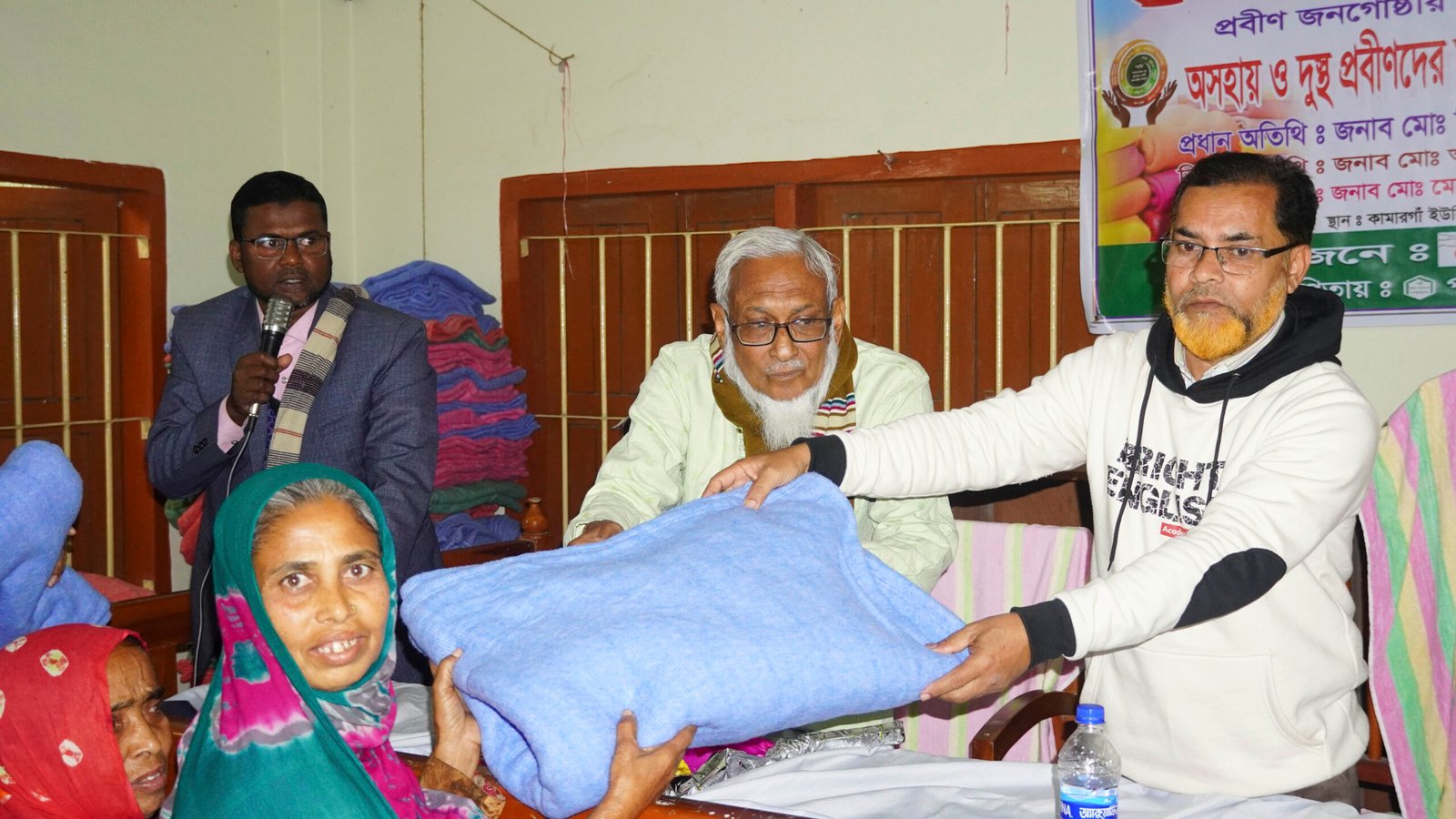
-
- Emergency Response: Emergency response efforts during natural disasters provide life-saving assistance to affected communities, including food, water, shelter, and medical supplies. By mobilizing resources and coordinating relief efforts, NGOs support affected populations and save lives.
- Rehabilitation and Reconstruction: Long-term rehabilitation and reconstruction projects rebuild communities affected by disasters, restoring infrastructure, livelihoods, and social services. By promoting recovery and resilience, NGOs help communities rebuild their lives and recover from the devastation of disasters.
- Capacity Building: Capacity building for disaster preparedness, risk reduction, and resilience building strengthens community capacities to withstand and respond to future disasters. By empowering communities with knowledge and skills, NGOs enhance their ability to cope with and recover from disasters more effectively.
Youth Development
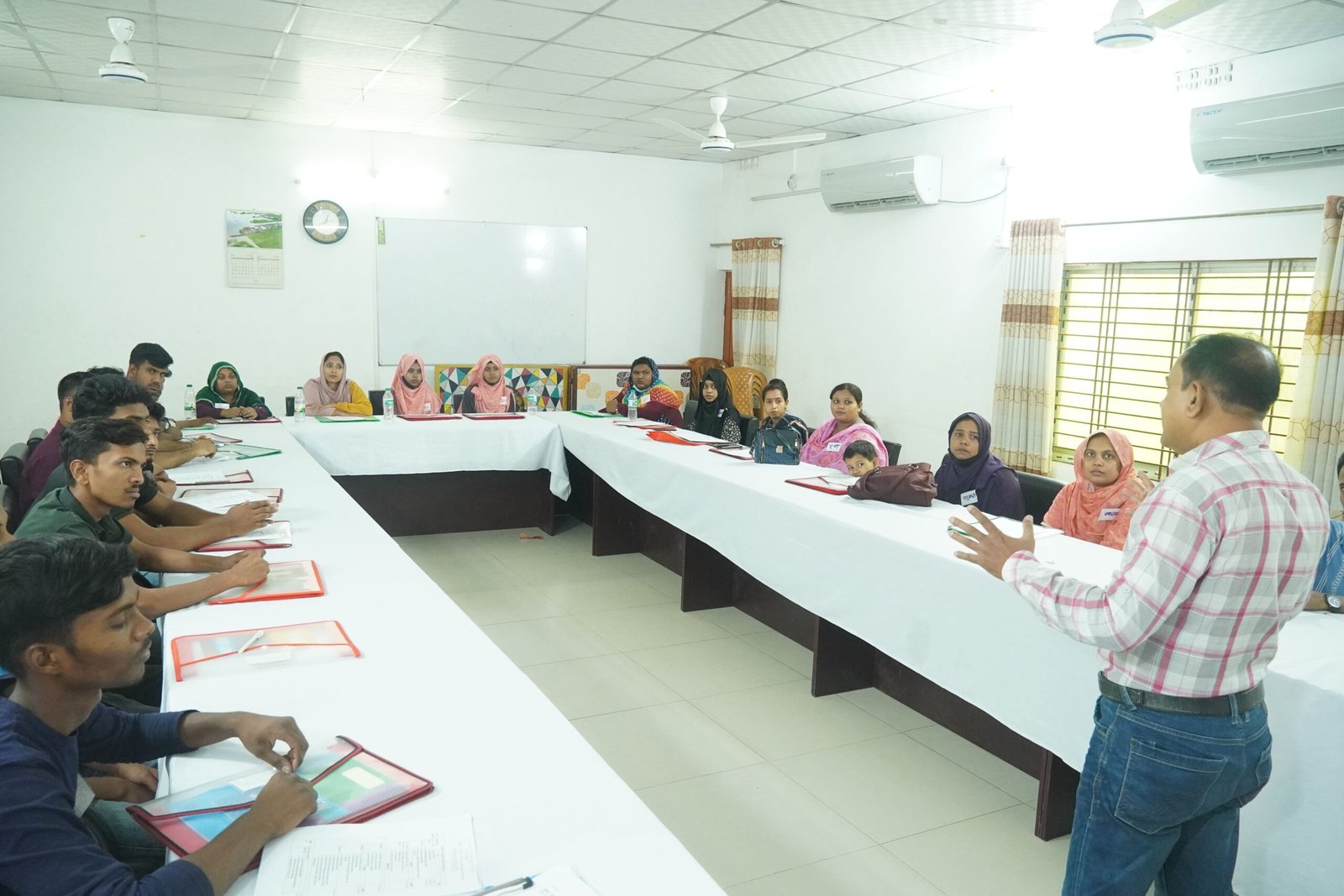
-
-
- Youth Empowerment: Youth empowerment programs foster leadership, civic engagement, and employability skills among young people. By providing opportunities for personal growth and development, these programs empower youth to become active agents of change in their communities.
- Sports and Recreation: Sports and recreational activities promote physical fitness, teamwork, and social cohesion among young people. By providing opportunities for recreation and social interaction, these activities contribute to youth development and well-being.
- Mentorship and Career Guidance: Mentorship and career guidance programs provide guidance and support to youth as they navigate educational and vocational pathways. By offering mentorship and counseling, NGOs help youth make informed decisions about their future and pursue their goals.
- Youth-led Initiatives: Youth-led initiatives for social change, community service, and advocacy empower young people to address issues affecting their communities. By amplifying youth voices and promoting youth leadership, NGOs foster a culture of youth participation and empowerment.
-
Advocacy and Policy Engagement
-
- Policy Advocacy: Lobbying for policy changes and reforms addresses systemic issues related to poverty, inequality, and social injustice. By advocating for policy changes, NGOs influence decision-makers and promote policies that advance social development and human rights.
- Collaboration and Networking: Collaboration with government agencies, civil society organizations, and international partners strengthens advocacy efforts and amplifies voices for social change. By forming partnerships and alliances, NGOs build collective power and influence to address complex social issues.
- Research and Documentation: Research and documentation of social development issues provide evidence-based data and analysis to inform advocacy efforts and program planning. By conducting research and documenting experiences, NGOs generate knowledge and insights to guide policy and practice.
- Participation in Advocacy Networks: Participation in advocacy networks and coalitions amplifies voices and strengthens advocacy efforts on key social development issues. By joining forces with like-minded organizations, NGOs build solidarity and collective action to effect positive change at local, national, and international levels.
Conclusion: A Vision for a Brighter Future
In a world where inequality and injustice persist, organizations like Shapla Gram Unnayan Sangstha stand as beacons of hope, driving positive change and creating opportunities for those most in need. Through its holistic approach to social development, SGUS is not only transforming individual lives but also building stronger, more resilient communities that are empowered to shape their own futures. As SGUS continues to expand its reach and deepen its impact, it serves as a powerful reminder of the potential for grassroots initiatives to drive meaningful and sustainable change in rural Bangladesh and beyond.

